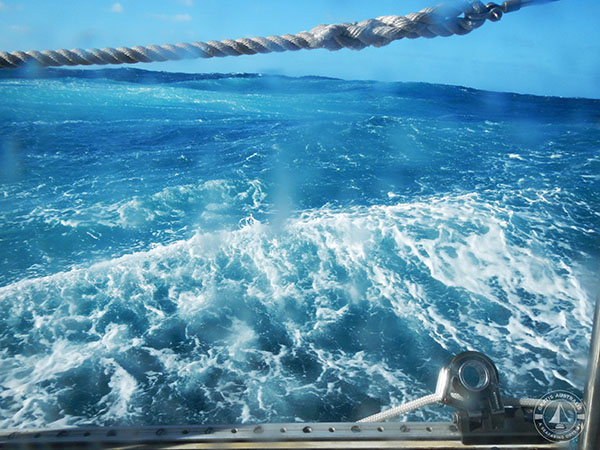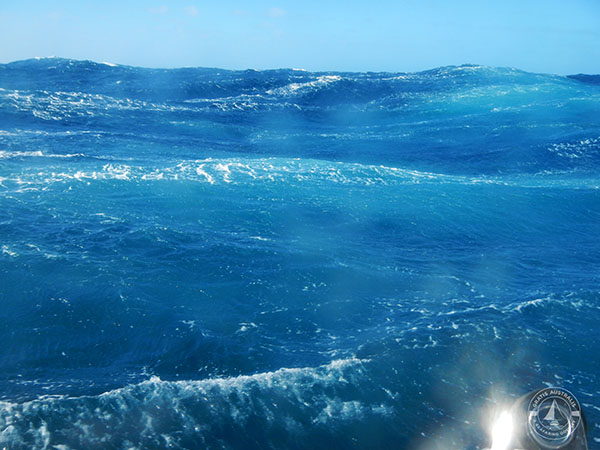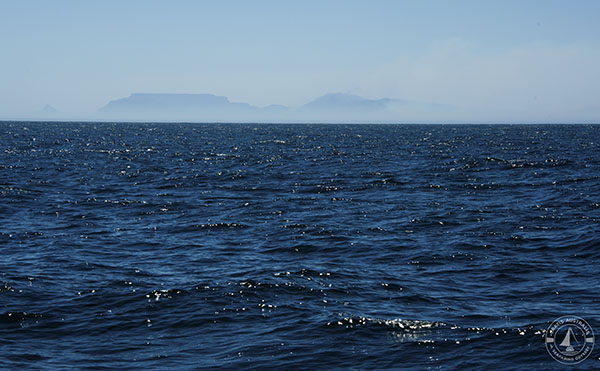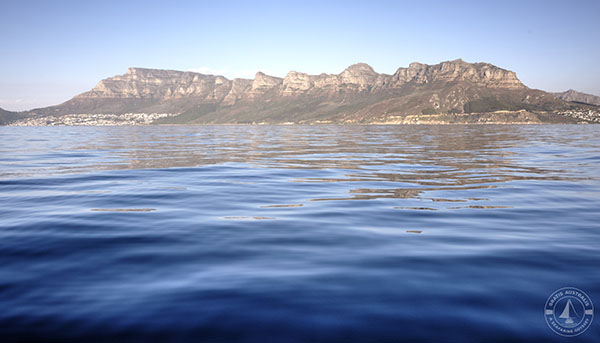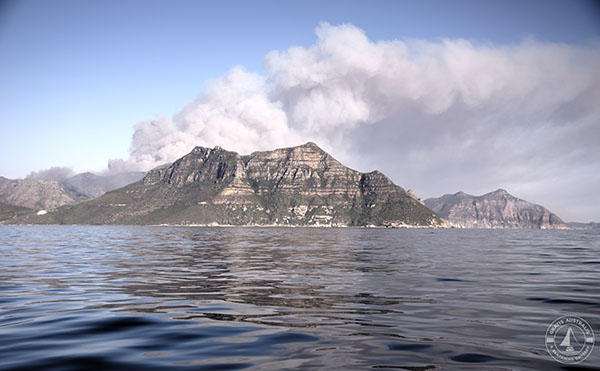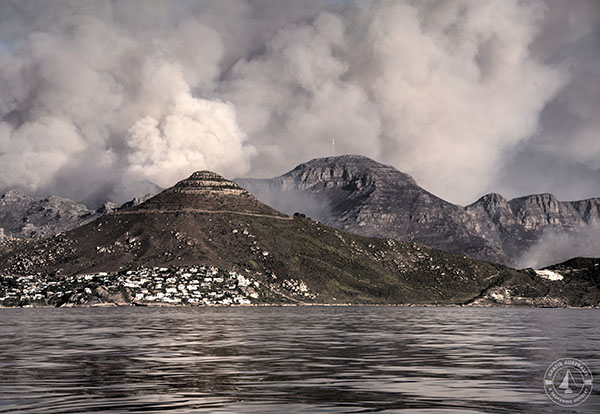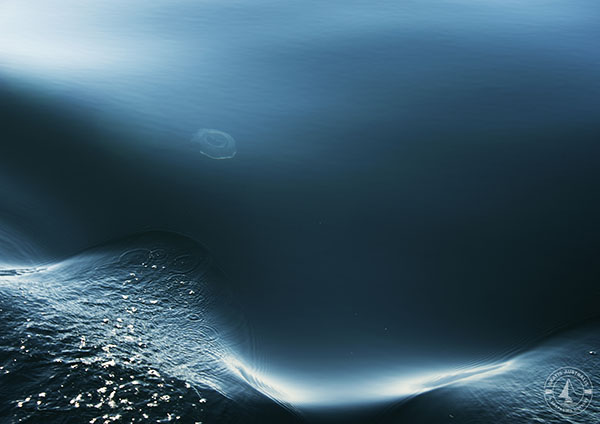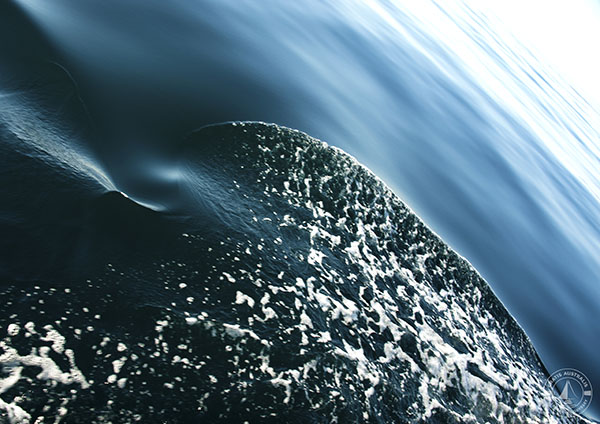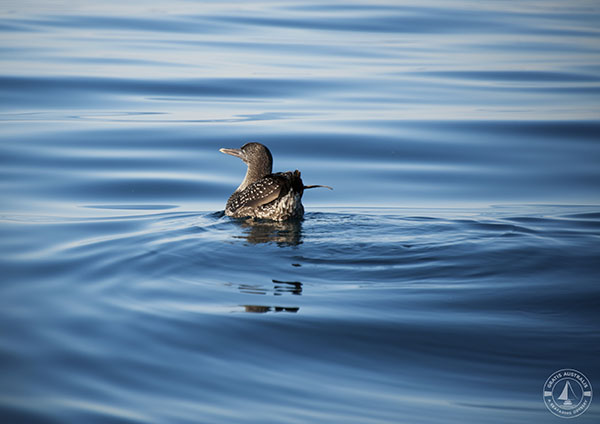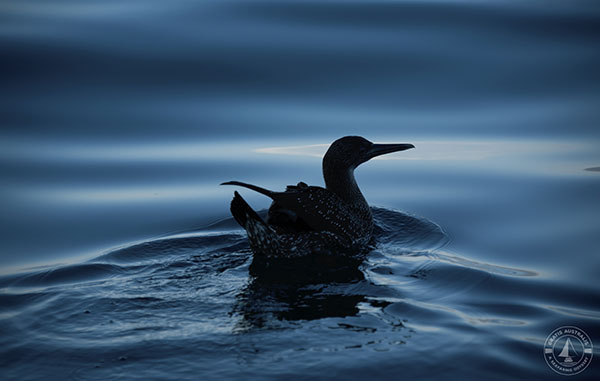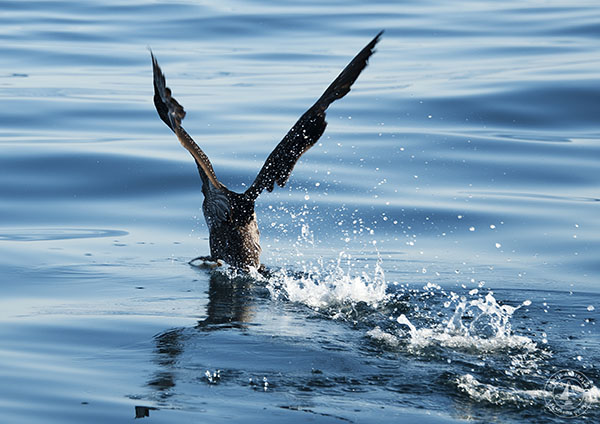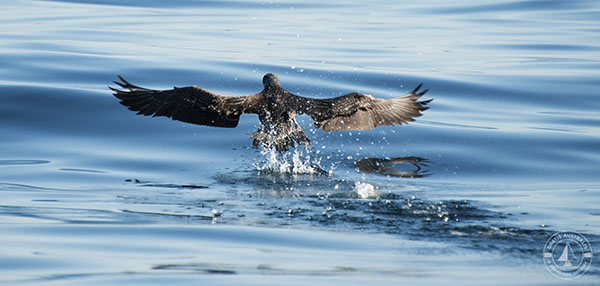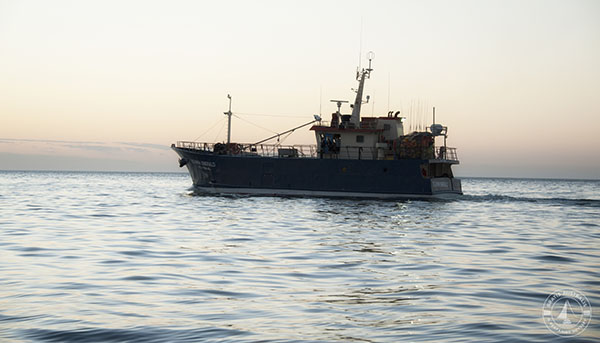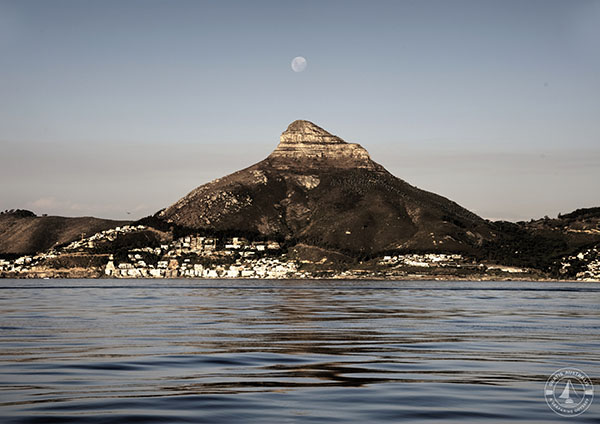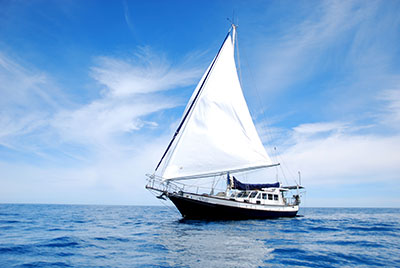During the early morning hours it came time to turn Gratis to starboard for the final run to Cape Town.
Easy one would have thought, but oh no, not here. Sound asleep was I upon the starboard bunk when Bob commenced the turning. Rudely awakened was I, while simultaneously throwing out my right arm to prevent a fall from the bed: lee cloths were sometimes not quite high enough. The cause, a wave hammering Gratis from portside knocked our girl off balance. Whilst in the process of AP correcting, a second wallop rapidly followed upon the first from the opposing direction. The result, Gratis pivoted sharply, as a ballerina twirling in a pirouette. Up leapt Bob whilst AP was struggling to correct. Steering rapidly altered to manual, he took over control, righted our girl and commenced the turn once more. No go, said the seas time and again. Winds up by now up to forty five knots, a long arduous haul this was, as in defeat Gratis’ bow was turned seaward, thereby running with the seas: a much more comfortable and safer sail, but in the wrong direction.
One would not want to be caught in those seas in 50 plus knots. It was with ease that one realised why the Cape had so won its reputation.
Bob likened these seas to those of Bass Straight. It wasn’t the conditions that proved terrifying this time – after 8m breaking seas and 50 knot winds in the Australian Bight, this was a piece of cake – but the fishing vessels!
Pitch black, reefing the Gennie, in the process of looking up to check all was well out to the port side I espied, lit as brightly as a Christmas tree against the ink coloured skies, heading our way a fishing boat appearing and disappeared whilst weaving its way through the angry waters (in stormy weather it’s difficult sighting – both visually and on radar – other vessels at sea, and they can be almost atop each other before finally doing so).
Work completed, inside we stepped. A quick check of the AIS highlighted the fact that this wretched fellow had his illegally shut down. A few more minutes of close monitoring ascertained he was travelling at good speed and we were directly in his path.
It was time to take action. Constrained in movement by sails, wind and water conditions, the radio was it. Unable to provide a name, all Bob could do was refer to him as, ‘The fishing vessel off my port stern heading NNE direction, do you copy? Over.’
No answer. Repeatedly Bob called, by now including the details of our boat, direction and so forth, with the same result – no response. Stomach in my mouth, all I could do was watch as that vessel inched ever closer.
Suggesting to Bob that he flash the deck floods, he did so, thereby illuminating the area up bright as day. On the radio once more, his wording was now, ‘Can you see my flood light? I am flashing them. Over.’ Time and again. Closer, closer he edged. It was now possible to see details of the boat.
At long last, relief shot through us as our call was finally answered! Asians with little English, Bob simplified his language until at last the message was understood. That explained the lack of AIS signal: illegal fishing. We may have been wrong, but we doubted it. It was possible to relax at last!!!!!!
Daybreak, fifty nautical miles out to sea, finally the wind and waves abated to such extent it was at last possible to head landward once more. By mid – morning, the rocking and rolling resided as we passed the headland into more protected waters.
Through a dirt brown – grey haze, Table Mountain’s peak took shape (we later discovered a bush fire had been raging for several days).
The town situated in the remains of what was once the centre of a volcanic crater, Table Mountain aptly named for its flat bench like appearance loomed above the metropolis. Each afternoon a belt of cumulus appeared upon its top. First their tips peeped shyly like a child from behind. Up they would build. Arriving at the ravines and valleys, through and over they came. Like cattle in a stampede, the grey waterfalls were driven down, down, down to the plain below. With their coming, the frigid wind arrived in force, sending boats rocking and people racing for their winter woollens.
Waters took on a glassy oily hue of blue green as the wind died and Big Bertha responded as she came to the rescue once more.
Birds lazed in the calm until disturbed by guess who,
whilst the seals couldn’t care less as they gnawed upon the kelp, and
fishing boats headed out to sea once more.
As afternoon merged into evening we at last berthed in Cape Town, a welcomed change from the previous few days.
